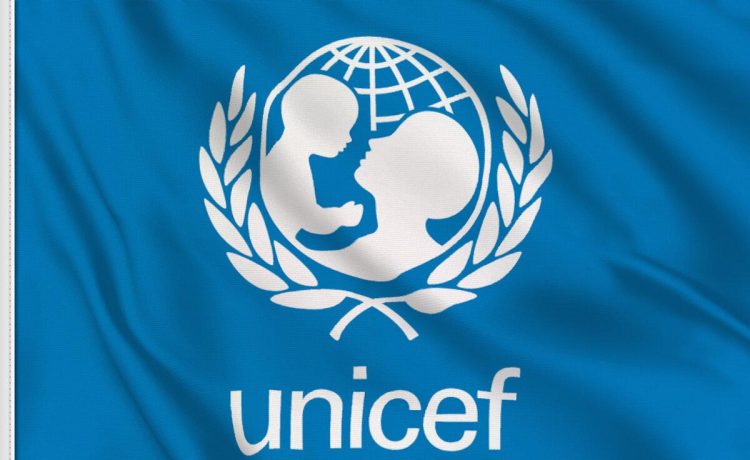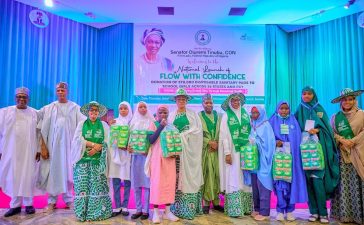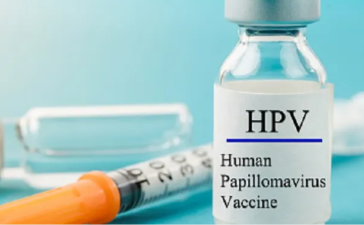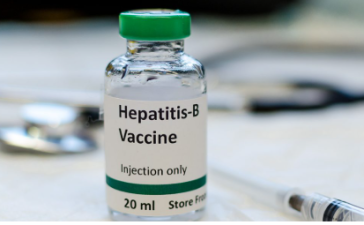The United Nations Children’s Fund (UNICEF) has called on journalists and media organisations across Nigeria to take a leading role in promoting behavioural change aimed at eliminating Neglected Tropical Diseases (NTDs) in the country.
Dr Nuzhat Rafique, UNICEF Chief of Field Office in Bauchi, made the appeal during a Media Dialogue on Neglected Tropical Disease Elimination held on Thursday in Bauchi State. She noted that poverty, poor sanitation, and lack of access to clean water are major contributors to the spread of NTDs, stressing that communities must adopt healthier habits to break the cycle of disease and poverty.
“Poverty is a vicious cycle of ill health and deprivation. When people are poor and live in unclean environments, they are more likely to get sick. When they fall ill, they can’t work, and this deepens poverty,” Rafique said.
Highlighting the severe impact of NTDs on children, she emphasised the need for improved sanitation and hygiene practices. She urged government and communities to invest in safe water supply, proper waste management, and household cleanliness.
“We have to strengthen our health system and focus on WASH (Water, Sanitation, and Hygiene) interventions. Media are the eyes, ears, and voice of society — you can create awareness, influence behaviour, and change lives. Behavioural change is not easy, but the media plays a very strong role in achieving it,” Rafique stated.
She also warned against open defecation and the use of unsafe water sources, noting that polluted rivers expose communities to diseases such as River Blindness and other infections transmitted by flies and mosquitoes.
“When we prevent flies and mosquitoes, we prevent several diseases like malaria and dengue. Sanitation, clean water, and timely health-seeking behaviour are key to preventing these illnesses,” she added.
Hauwa Abubakar, North-East Zonal Coordinator of the NTD Control Programme under the Federal Ministry of Health and Social Welfare, described NTDs as diseases of poverty that remain a major public health concern, particularly in rural areas.
“NTDs are preventable and curable diseases that mostly affect the poor and people living in rural areas. They cause disability, deformity, and sometimes death if left untreated,” Abubakar explained. She urged media practitioners to support awareness campaigns by amplifying accurate information about the prevention and control of NTDs.
The media dialogue brought together health experts, communication specialists, and journalists to strengthen collaboration towards eliminating NTDs and improving community health outcomes in Bauchi State and beyond.
UNICEF has repeatedly highlighted that poverty, poor access to Water, Sanitation, and Hygiene, and weak social behavioural change are key factors hindering the elimination of NTDs in Nigeria. The organisation has collaborated with the Federal Ministry of Health, MERCK, and media organisations to protect children’s rights and improve public health awareness.







